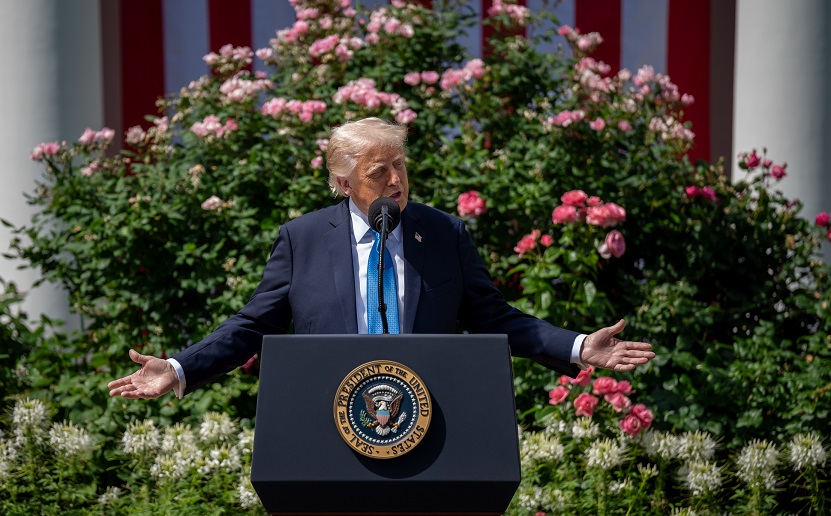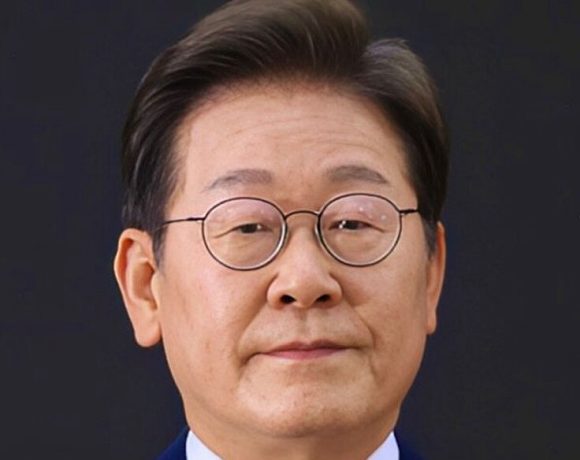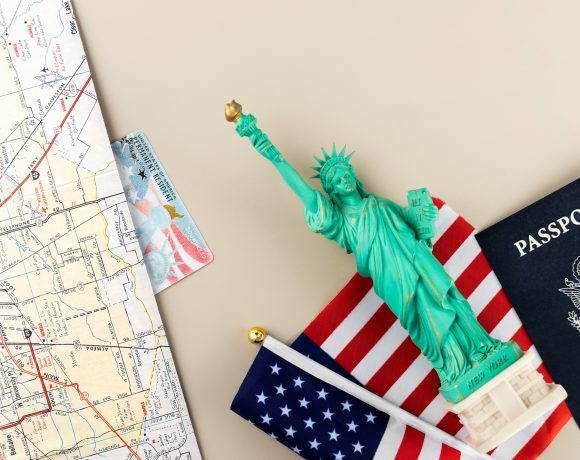
Judge Blocks Trump from Deporting or Detaining Mahmoud Khalil
In a significant legal rebuke to the Trump administration, a federal judge has ruled that Mahmoud Khalil, a Columbia University student and pro-Palestinian activist, cannot be deported or detained on the grounds of U.S. foreign policy concerns. The ruling comes amid growing national scrutiny over attempts to suppress political speech on college campuses and among immigrant communities.
Judge Rejects Use of Foreign Policy Clause
U.S. District Judge Michael Farbiarz ruled that the government’s attempt to deport Khalil using a little-known provision of the Immigration and Nationality Act—designed to bar non-citizens whose presence is considered inconsistent with U.S. foreign policy—was likely unconstitutional. The judge stated that this action could severely chill free expression, particularly political advocacy, and therefore likely violated Khalil’s First Amendment rights.
The court noted that employing foreign policy as a basis for immigration detention in response to political activism sets a dangerous precedent. Farbiarz emphasized that such government action, especially when politically motivated, undermines the foundational protections of free speech in the United States.
No Basis for Continued Detention
Khalil has been held at a Louisiana immigration facility since March. The government also argued that he should be detained for allegedly omitting information from his Green Card application. However, the court dismissed that reasoning, stating that minor discrepancies on immigration forms do not justify prolonged detention, especially when the underlying motive appears to be retaliation for constitutionally protected speech.
The judge granted a preliminary injunction blocking Khalil’s deportation or continued detention under the foreign policy provision. However, the order is stayed until Friday to give the government an opportunity to appeal.
Broader Implications and Legal Pushback
The ruling has sparked nationwide debate on the extent of executive power over immigration, especially when such power intersects with issues of free speech and academic dissent. Khalil’s legal team welcomed the verdict, calling it a victory for civil liberties and a safeguard against political retaliation.
The case has gained attention not only because of Khalil’s status as a lawful permanent resident and student, but also due to the broader context of increasing legal actions against pro-Palestinian demonstrators. Advocates argue that the government’s use of immigration enforcement in this context sends a chilling message to immigrants engaged in peaceful protest or political commentary.


















